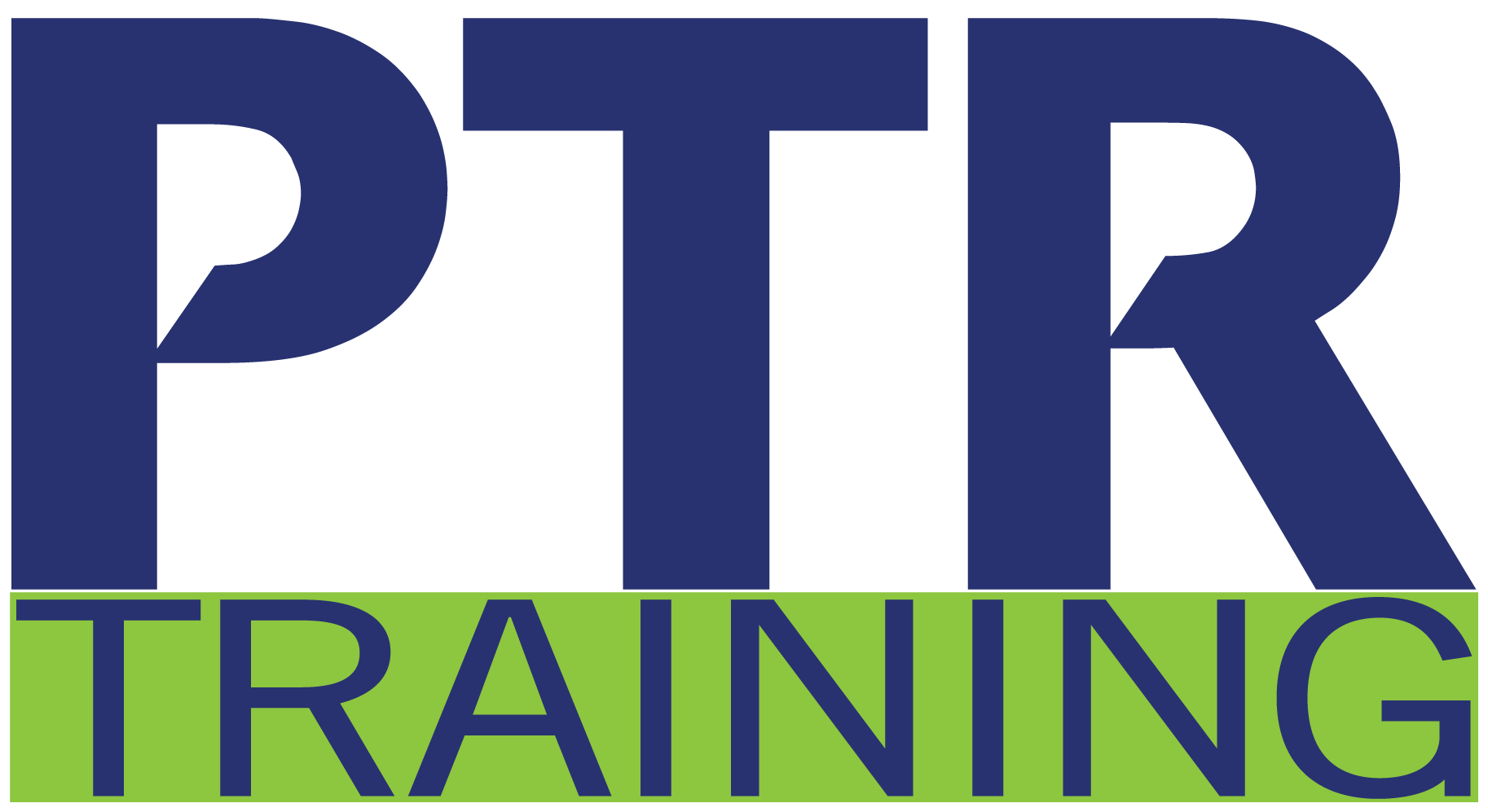Knowledge Transfer is a method of sharing information, abilities, and ideas across different organizational departments or individuals. It ensures that unique and critical knowledge and capabilities are not lost during retirements, promotions, attrition, unforeseen changes, or other workforce-related changes. We will teach you the knowledge transfer process and valuable techniques for bolstering transfer-sharing. You will learn how to create and analyze knowledge transfer plans and ensure critical knowledge is passed on and retained within a team and organization.
Learning Objectives »
- Define and identify the benefits of knowledge transfer.
- Ensure business continuity with knowledgeable employees.
- Apply the Knowledge Transfer Process
- Boost innovation and identify new opportunities.
- Enhance competitiveness and improve productivity.
- Develop a knowledge transfer plan.
- Mitigate risk, project delays, and operational inefficiencies.
Course Agenda
Understanding Knowledge Transfer
- What is Knowledge Transfer?
- Benefits of Knowledge Transfer
- Uses of Knowledge Transfer
- Cost of Knowledge Loss
- Types of Knowledge
- Barriers to Effective Knowledge Transfer
- Guiding Principles
Knowledge Transfer Process
- Identifying the Knowledge to Transfer
- Target the Appropriate Audience
- Choosing the Right Method
- Develop a Structured Approach
- Creating a Supportive Environment
- Measuring Success
Knowledge Transfer Plans
- Key Knowledge Holders
- Motivating the Share
- Simplifying Knowledge Sharing
- Constant Evaluation
- Knowledge Application
- Ongoing Knowledge Generation





